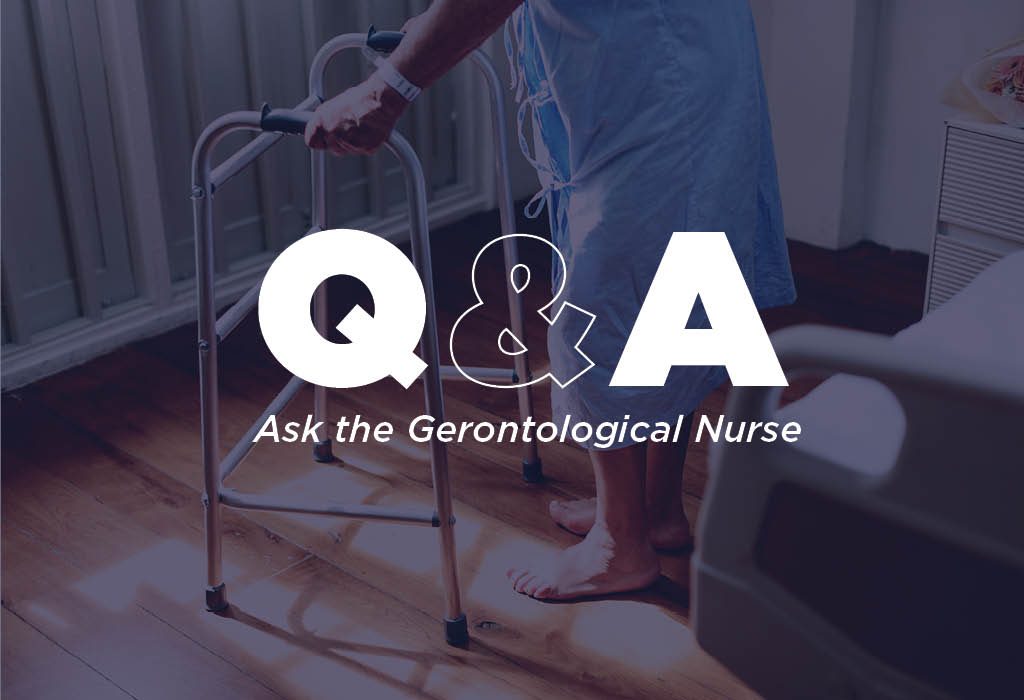What should the Christian’s position be on DNRs and caring for the elderly? Any advice for end-of-life planning?
Excellent question, and one that we could discuss for hours! However, I will try to hit the highlights.
My Experience
First of all, my position on Do Not Resuscitate (DNR) decisions has fluctuated back and forth multiple times during my career as a nurse. As a student—and “savior of the world”—I could not understand how a DNR would ever be the right thing to do. Then I entered my first job as an RN in oncology. Attempting to extend a patient’s life to further days of pain and suffering became cruel and unusual punishment in my eyes.
Next, with several years under my belt as a seasoned nurse, I began to see what happened in the healthcare world when a patient became or already was a DNR. Even though DNR indicates that everything should be done to help the patient up to beginning CPR when breathing or the heart stops, the reality is that this is not always the case. The DNR order, in the mind of many healthcare professionals, indicates something less than everything being done before CPR. So while the DNR may theoretically be what is desired by the elder and the elder’s family, they may wish to defer the decision to become a DNR until further intervention would be futile.
Appoint a Healthcare Proxy
This is where the end-of-life planning issue comes in. The elder should be responsible for making their own end-of-life decisions. The best and easiest way to handle this is for the elder to appoint a healthcare proxy for all decision making when they themselves are unable to make decisions. The elder should also have in-depth discussions with the person as to what they do and don’t desire for end-of-life care.
Consider Acute Disease Care
That being said, there is a very important consideration that must be addressed. While many elders may decide that they do not want to be placed on a ventilator or have a feeding tube, they must be presented with the scenario of using either of these for short periods of time to overcome acute diseases.
I have seen elders die from lack of nutrition while hospitalized for pneumonia because their bodies could not sustain enough nutrition while fighting the illness and the spouse was adamant that the patient never wanted a feeding tube. I have also seen a totally independent 95+ year old contract the flu and need to be hospitalized and placed on a ventilator until she was able to get over the flu and go back to her own independent-living apartment. Just because someone is old does not mean that they are not tough. If an elder has been independent, you don’t want to let an acute illness automatically become a death sentence.
Post an EMS DNR in the Home
If the elder does decide for the DNR, make sure they also have an EMS (Emergency Medical Service) DNR in place. This should be posted in the elder’s home. Otherwise, if 911 is called and EMS responds, EMS legally must resuscitate the elder, even if they do not want to be resuscitated. Check your individual state’s government website for these forms (both healthcare proxy and EMS DNR) and directions on completing them.
The healthcare proxy and interested others must be advocates for the elder’s wishes. If the elder wants to be a full-code, then we should respect that decision no matter what their diagnosis. As long as the elder is informed, we should not take away their right to make this last healthcare decision. Elders deserve to have their dignity maintained and respectfully considered in these decisions, even when healthcare professionals may disagree.
There are many other considerations in end-of-life planning, so if I have not addressed your particular question, please submit again!







